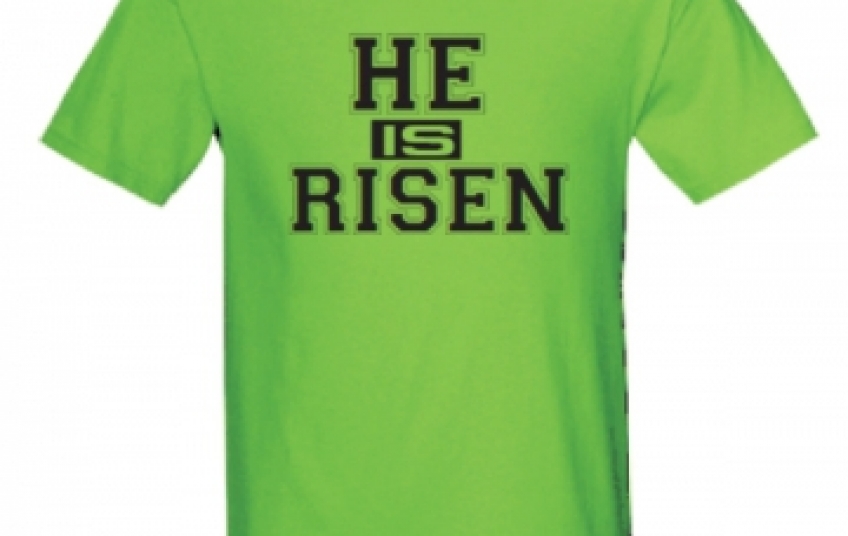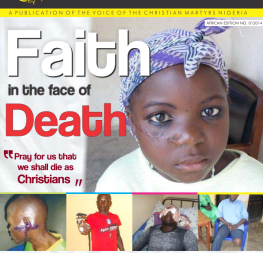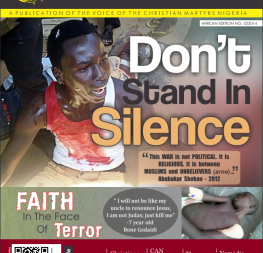If you saw a door with a sign labeled “Repentance” hanging on it, would you want to walk through it? And if you went through this doorway, what would you expect to find inside the room?
I have a hunch that these questions may evoke conflicting feelings in you. For many, repentance is a word that communicates a sense of threat. Perhaps, at one level, this threat is true. Repentance does threaten us when we build our lives around ourselves, putting ourselves first in all we do and pretending to be who we are not. It challenges us to find a new center for our lives, to give ourselves to others in love, and to honestly face who we really are.
Certainly, early in my Christian journey, I had a negative understanding of what repentance involved. Not so much for the above reasons but because of how I pictured repentance. The picture that usually came to mind was of a stern and unsmiling figure, dressed in a heavy overcoat, standing on the corner, holding a placard, threatening those passing by with the words “Repent, for the end is near.” It wasn’t a doorway through which I wanted to walk.
Yet we dare not abandon this word. The first invitation that Jesus gave when He began His preaching ministry was for His listeners to repent. From then onward, it was almost His constant invitation. Repentance is the doorway into that life that God gives and for which our hearts most deeply long. There is no other way to enter. Unless we walk through the door of repentance, we will not receive the Zoe life that God gives.
Jesus was making available another kind of life, and He wanted His hearers to turn around, change their direction and walk through this door. Or, as Dallas Willard explained, to repent is to “review your plans for living and base your life on this remarkable new opportunity.” So we need to stress that when Jesus called those around Him to repent, He was inviting them to enter the fullness of life in which they would come to know that their lives had an eternal significance and an eternal destiny.
Recall Jesus’ inaugural sermon once more. His hearers are urged to repent because the kingdom of God has drawn near to them in Him. In effect, He was saying to His listeners:
“Change the direction of your lives. Rethink the way you are living, turn around, and enter the glorious new life God wants to give you. It goes beyond your wildest dreams and imaginings. It is a life of ever-deepening intimacy with My Abba Father and My family. As we journey together, you will become the person you are designed to be. You will discover how I want you to work with Me in healing this world. You will be slowly transformed into a transparent, compassionate, and caring human being. You will receive power to defeat temptation within and to overcome evil around you. You will never be separated from My never-ending love for you and all creation.”
This is what Jesus invites us to. We accept this invitation when we turn toward the generous Giver of this new kind of life.
This means turning away from whatever has previously been at the center of our lives. We do not want to “play God” any longer in our own lives or in the lives of those around us. From this moment onward, we want to let God be God. We aim to seek first the will of God rather than our own. Rather than moving away from God, we are now moving toward God. Or, to put it the other way round, God is now drawing us into the Zoe life that He wants to give us. We have changed direction.
Ignatius’ Doorway Moment
Ignatius experienced two sets of daydreams while he was recovering from wounds received while in the Spanish army. One set of romantic daydreams initially gave him a thrill and raised his spirits, but afterward, they left him feeling flat, uninspired, and desolate. In contrast, his dreams of walking in the footsteps of Francis and Dominic left him feeling alive, eager and energized. They were obviously more in tune with his truest longings than the other daydreams, and he embraced his deeper desire of following Christ. Ignatius decided to walk to the Holy Land as a pilgrim, to serve his new Lord there. Before he set off for Jerusalem, though, he made his way to a well-known Benedictine monastery high up a mountain at Montserrat, about 400 miles away. There he demonstrated his change of direction in two significant ways.
First, he came clean about his sinful past. For three days he reflected on his previous life, put together a written confession of his wrongdoing, and shared it with a wise French priest, who then gave him some counsel on how to grow in prayer. Ignatius knew that if he was going to start over with God, he would need to be radically honest with himself, with God, and with at least one other person. Although later he did keep rehearsing his sins in an unhealthy and unhelpful way, this honest moment of confession showed his seriousness about entering God’s life through the door of repentance.
Second, Ignatius did something symbolic. He had arrived at the monastery dressed in the expensive clothes of a soldier, armed with his sword and dagger. To symbolize his decision to surrender himself wholeheartedly to God, he hung up his weapons at the altar, removed his fine attire, gave it away to a beggar, and dressed himself in a pilgrim robe. He wanted now to be bound irrevocably to God and to burn any bridge from his past life that could have swayed him from seeking first God and God’s kingdom.
We all need our own personal “Montserrat moment” if we are going to be serious about walking through the doorway of repentance. It will look different for each one of us. It could mean:
- Writing a letter to Jesus expressing our desire to surrender ourselves to him.
- Putting down on paper the specifics of past wrongdoing, reading it out in the presence of a trusted friend, and then burning it.
- Making a public confession of faith within our community of faith.
- Keeping some visible symbol near us that reminds us of our decision to turn our life over to God.
- Whatever we do, we must find our way of entering the life that God gives through the door of repentance that God’s kindness has provided for us.
END












